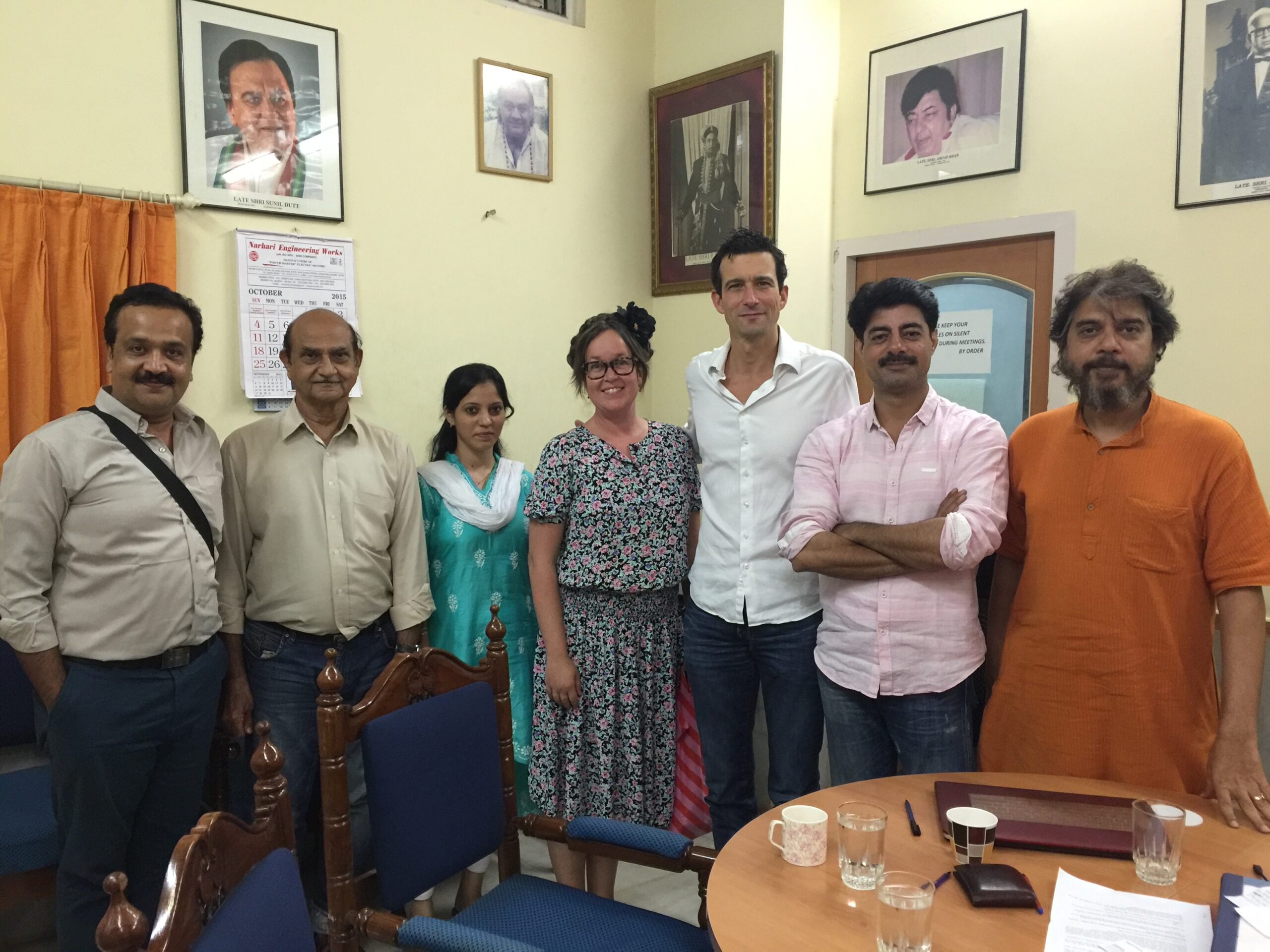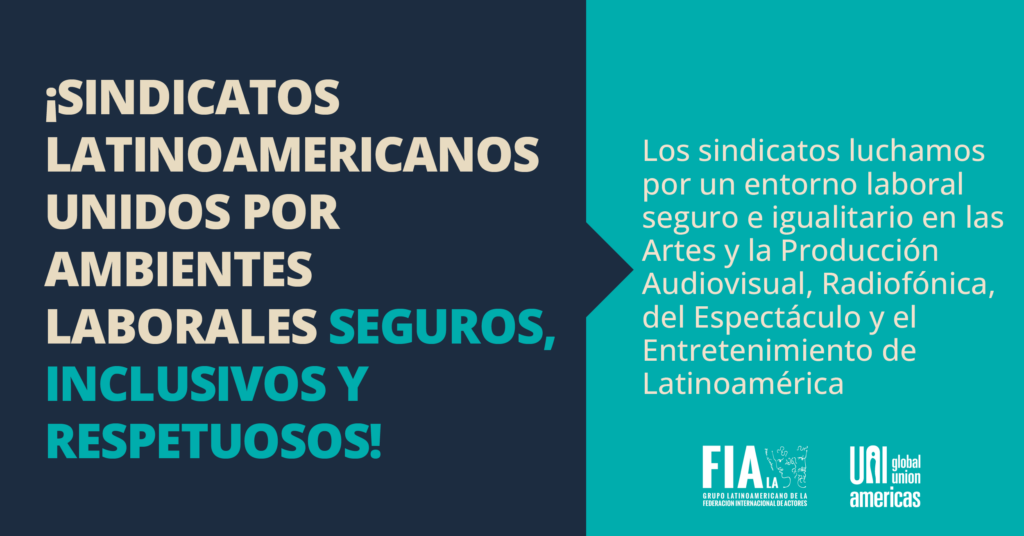Global federations FIA, UNI MEI and FIM met with film workers’ unions in Mumbai on October 7-9, 2015, to address health and safety on Bollywood film sets.
Despite ranking amongst the most prolific in the world, with an annual average of more than 1.000 feature films, the Indian film industry has a very high accident rate. Indeed, injuries and deaths are almost an occupational hazard, with crewmembers, stunts and stagehands among the most vulnerable.
With more than 800 channels in the country, successful TV series are shot in unconventional and unsafe venues, where talent and crew are subject to gruelling shifts. These productions are often carried out for the likes of Sony, Fox, Viacom and other multinationals that are seeking a share of the pie in this lucrative market.
Fires, trips and falls and electrocution, often caused by negligence or extreme exhaustion, are known to be the deadliest occurrences. Stunt performers are pushed to their limits by unscrupulous producers, who would rather increase their benefits that spend on extra safety. Most of these accidents could be avoided with proper training, basic safety equipment and a systematic approach to risk prevention.
The 22 unions forming the Federation of West India Cine Employees (FWICE), including actors, dancers, musicians, directors, screenwriters and technicians, are determined to bring this to an end and drive international standards into the Bollywood film industry. Clearly, no change is not an option anymore.
As a first step, the unions and their federation have undertaken to introduce OSH provisions in the Memorandum of Understanding currently negotiated with three major TV and film producers associations. The workshop assessed the progress made in the negotiations and discussed further strategies to foster cooperation between the parties on health and safety. The MOU negotiations have proven especially difficult with TV producers, who radically oppose to the introduction of minimum wages in the agreement. FIA, UNI MEI and FIM support the Mumbai film unions in their struggle to a safe and fair environment, urging broadcasters and TV producers to embrace a minimum wage system that is long been the norm in other parts of the world.
FWICE and its unions adopted an ambitious work plan, including concrete measures and awareness raising campaigns among employers, union members and workers with a view to growing a health and safety culture in film and TV production. A decisive step forward would be the drafting of an industry code, inspired by well-established international standards, which FWICE intends to take up immediately after the on-going negotiations. This code would, as a start, address the immediate priorities, e.g. fire prevention, electrical safety, working hours and hygiene.
FIA also had separate meetings with CINTAA, the Cine and Television Artistes’ Association, with whom it hopes to develop a constructive relationship in the near future.
Over 40 representatives from various Mumbai film workers’ unions attended the workshop, which is part of a three-year project co-sponsored by Union To Union, Sweden.





